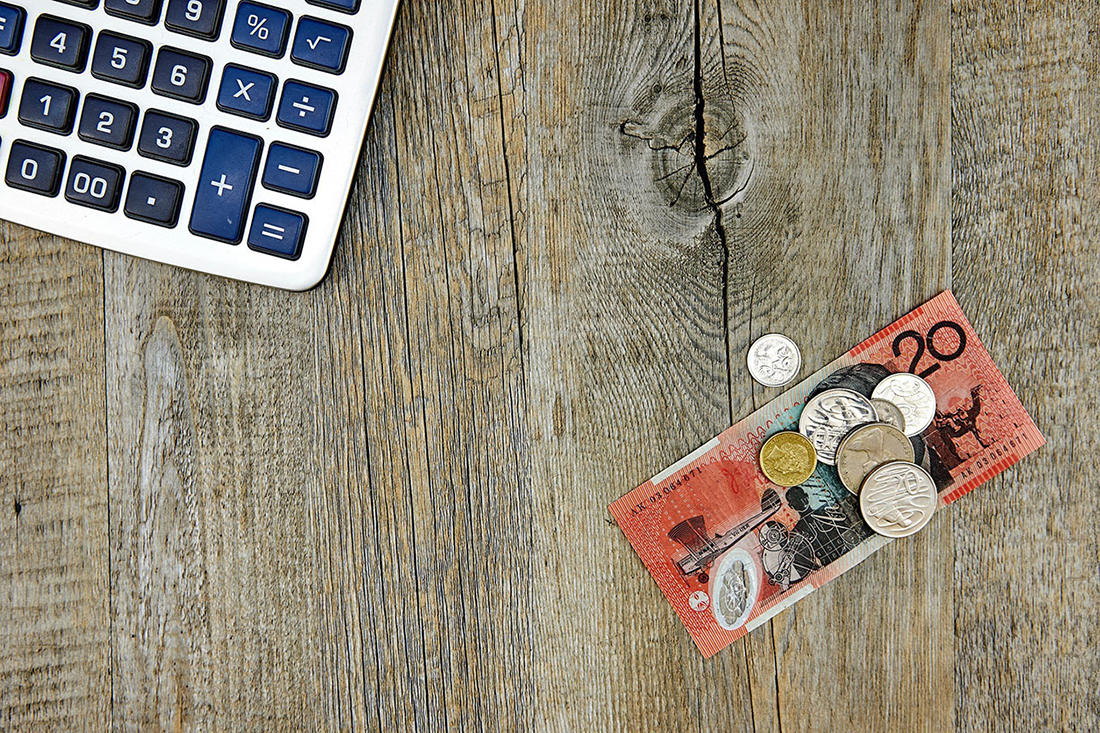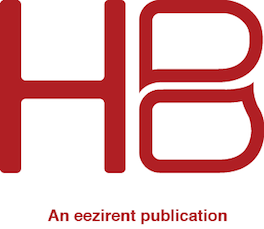
30 Apr Only pay the tax you need to
Kerry Packer famously said, ‘anybody who doesn’t minimize their tax needs their head read’. This advice is especially relevant to property investors as tax paid and claimed impacts on the return on investment.
The first step to tax in this area is to engage the services of a good accountant.
Depreciation schedules
One of the most important things you can do is to have a depreciation schedule prepared on your investment property. Your property produces income therefore you are entitled to claim the depreciation against this taxable income.
There are two types of deductions that can be claimed:
1. Plant and equipment depreciation: refers to the construction cost of the building.
2. Building allowance depreciation: this covers things within the building such as appliances (ovens, dishwashers, air-conditioners), carpets, window blinds, and so on.
You might think that that depreciation can be claimed only on new properties, however this is not the case. If the property was built after 16th September 1987 you are able to claim both the plant and equipment and the building allowance. If your property began construction before this date, you can only claim depreciation for plant and equipment.
Many companies can prepare a depreciation schedule for you. If you’re using your accountant, make sure they are authorised to prepare depreciation schedules. The ATO has ruled that properties built after 1985 must have a quantity surveyor prepare a schedule, so your accountant probably isn’t qualified to do so. Similarly, property managers, real estate agents, or valuers are not authorised to prepare a depreciation schedule.
To complete a legitimate depreciation schedule, the quantity surveyor must visit and inspect the property. To do this you’ll have to give issue an entry notice to the tenants. Reputable professional quantity surveyors are familiar with these requirements.
The cost of the schedule is usually dependent on the size of the property and its location. This fee is also fully tax deductible. You can find companies that offer this service on the internet or you can ask your accountant to refer you to a service provider.
Tax deductible expenses
Another important tax measure is to keep a detailed record of your expenses and income relating to the property. Typical property related expenses that can be claimed include:
- The hiring of a tax agent, accountant, lawyer, or other professional to provide services to your property;
- Rental property insurance;
- Maintenance and repairs costs;
- Advertising and letting costs;
- Travel to the property;
- Bank charges;
- Body corporate fees;
- Borrowing expenses;
- Capital works;
- Council rates;
- Decline in value of depreciating assets;
- Gardening and lawn mowing;
- Interest expenses;
- Land tax;
- Legal expenses;
- Stationary and postage;
- Water charges.
Be organised with your documentation. Have tax invoices, receipts, record of rental, income, and a record of outgoings collated. This will reduce the cost the accountant will charge for this pretty basic function. Keep on top of this by compiling and collating this information throughout the year (do this at least quarterly).
Things you can’t claim
Not declaring all your rental income especially income on holiday homes you receive. Claiming tax deductions on properties not available for rent, or a private property (such as a holiday home or your main residence). Including items that are not labelled by the taxation office as tax deductable on your depreciation schedule.



Sorry, the comment form is closed at this time.